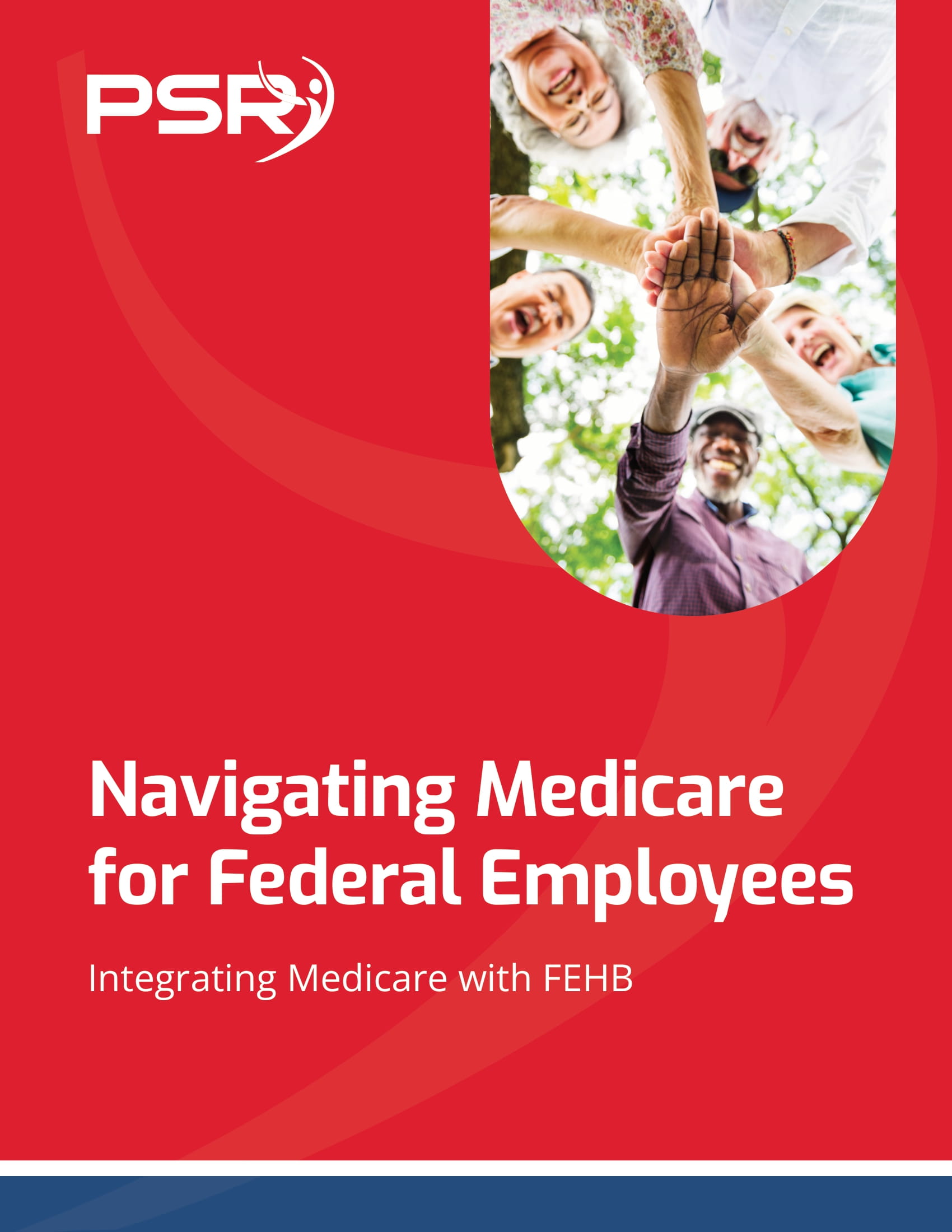 Carrying on with your life after you have lost a spouse is a painful ordeal. Yet, you have to do it and live your life in peace. One of the things that can help you fight off the grief is the financial stability you get due to the social security offered in the USA. If you don’t have any idea about how can you claim the money and what factors influence it then here are a few useful things that may help you in taking the right financial decisions.
Carrying on with your life after you have lost a spouse is a painful ordeal. Yet, you have to do it and live your life in peace. One of the things that can help you fight off the grief is the financial stability you get due to the social security offered in the USA. If you don’t have any idea about how can you claim the money and what factors influence it then here are a few useful things that may help you in taking the right financial decisions.
Unlocking the mystery behind Social Security Benefits for the Surviving Spouse
- One at a time:
- Also Read: Divorce and Your Federal Pension—What Happens When You Split Assets and How It Could Affect Your TSP
- Also Read: What Happens to Your Federal Benefits After Divorce? Here’s the Lowdown
- Also Read: The Best FEHB Plans for 2025: Which One Fits Your Lifestyle and Budget the Best?
- The amount of your survivor benefit depends on your age and your spouses’ decisions: If you opt for the survivor benefit, the amount would depend on your age and the amount your late spouse would have received (or was receiving) before losing his or her life.
- Not taking social security can be for the best: In case your spouse has not taken the social security yet, the amount you will receive would be higher as compared to if he or she was taking the benefit. So you should always try to delay taking social security for your spouses’ benefit if you can afford it.
- You can get survivor benefit at 60 years of age: You can choose to make use of your survivor benefits at the age of 60 rather than 66 which is the current retirement age. In this case, the amount of money will reduce.
- Survivor benefits grow only until your age is 66: If you have opted for using the benefits given to you on the basis of your work history, the survivor benefit will grow only until you reach the age of 66. After that, it will just be sitting there.
So, if you are eligible for both the benefits as the part of your social security, it is advised that you opt for the work related benefits early on as it has no impact on your survivor benefit. Let the survivor benefit grow until you reach the age of 66 and then use it.








